Interactive Webinar: A Guide to Feasibility & Pilot Implementation Trials
Location: Online

Feasibility and pilot studies for implementation trials are similar to those for intervention trials, but focus on developing implementation strategies, refining research methods and undertaking preliminary testing of implementation strategies. This slightly different focus often presents challenges for researchers who are new to implementation science, which we aim to address in this interactive webinar for clinician- and implementation-researchers.
In this interactive webinar, Associate Professor Joanne Shaw will provide an overview of issues to consider when conducting feasibility and pilot studies for implementation trials and illustrate how those issues played out in her pilot work for the ADAPT Program (Anxiety and Depression Pathway Program). Associate Professor Peter Grimison, Associate Professor Susanna Park & Dr Cassandra White will present case studies on their work in setting up pilot and feasibility implementation studies. This session will be moderated by Dr Ben Smith, who is working with the Translational Cancer Research Centres to build implementation science capacity and collaborations for better cancer outcomes through the Cancer Implementation Science Community of Practice.
About the Cancer Implementation Science Community of Practice
The Cancer Implementation Science Community of Practice provides a forum for members to collaborate on the translation of best evidence into care and to develop a rigorous research program on how to improve the uptake of evidence into practice. The community includes representatives from across the Translational Cancer Research Centres (TCRCs) of NSW and is an initiative funded by the Cancer Institute NSW.
About the Presenters
Associate Professor Joanne Shaw
A/Prof Joanne Shaw is the Psycho-oncology Co-operative Research Group (PoCoG) Executive Director and Senior Research Fellow in the School of Psychology, The University of Sydney. She is an experienced psycho-oncology and health communication researcher and her specific research interests include the development and evaluation of psychological and supportive care interventions to improve the outcomes of people affected by cancer, in particular investigation of models of care, quality and costs of evidence-based psycho-oncology interventions and communication skills training. A/Prof Shaw co-authored the Australian clinical pathway for identification and management of anxiety and depression in adult cancer patients and is a CI on the CINSW translational grant to implement the pathway in 12 cancer services across NSW. Her research is currently focused on the development and implementation of the Australian Clinical Pathway for managing depression and anxiety in cancer. In her role as PoCoG Executive Director, she has overall responsibility for PoCoG’s psycho-oncology clinical research program. Her research leadership encompasses identification of emerging research questions, content experts and collaboration partners to deliver clinically relevant projects with scalability for national implementation.
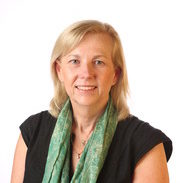
Associate Professor Peter Grimison
A/Prof Peter Grimison is a senior staff specialist in Medical Oncology at the Chris O’Brien Lifehouse in Sydney, visiting medical officer at Royal Prince Alfred Hospital, and Clinical Associate Professor at the University of Sydney. His clinical work focuses on testicular cancer, sarcoma, and upper gastro-intestinal cancers. He serves as a member of the Australian Government Pharmaceutical Benefits Advisory Committee, and several other Federal and NSW Government committees. He is also committed to teaching as Director of Physician Training in Medical Oncology at the Chris O’Brien Lifehouse, and also actively teaches in Basic Physician Training and the University of Sydney Medical Program.
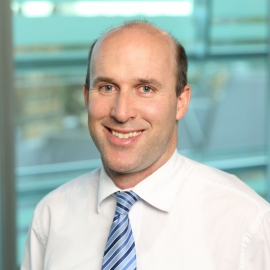
Associate Professor Susanna Park PhD
A/Prof Susanna Park PhD is a NHMRC RD Wright Biomedical Research Career Development Fellow and Associate Professor in Neuroscience at the Brain and Mind Centre, University of Sydney. Dr Park is a leader in chemotherapy-induced peripheral neurotoxicity research, and has been awarded competitive research funding in projects across clinical neurosciences. She has been working at the interface of clinical neuroscience and oncology for the past 15 years and has led a number of studies examining clinical translation, assessment strategies, treatment and risk factors for chemotherapy-induced peripheral neuropathy.
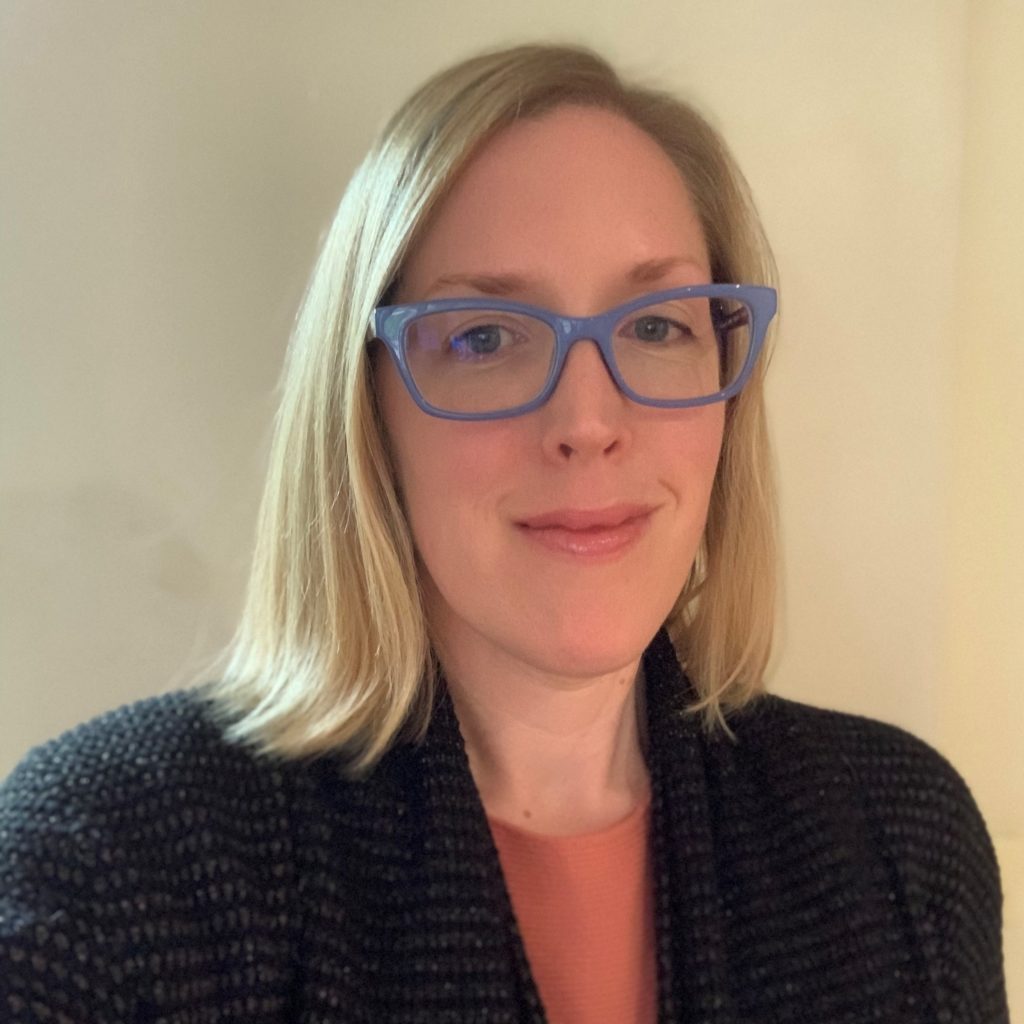
Dr Cassandra White
Dr Cassandra White is a Medical Oncology Clinical Trials Fellow at the Central Coast Cancer Centre and is currently undertaking her PhD through the University of Newcastle. She is looking to establish good research practice before undertaking a project exploring the use of DPYD genotyping for DPD (dihydropyrimidine dehydrogenase) enzyme deficiency. It is known that up to 8% of cancer patients with this deficiency develop severe and sometimes fatal toxicity to 5-Fluoropyrimidine/Capecitabine chemotherapies. Cassandra wants to explore the feasibility and clinical application of DPYD genotyping for patients and, after implementation, review the clinical effectiveness and cost effectiveness of the strategy.
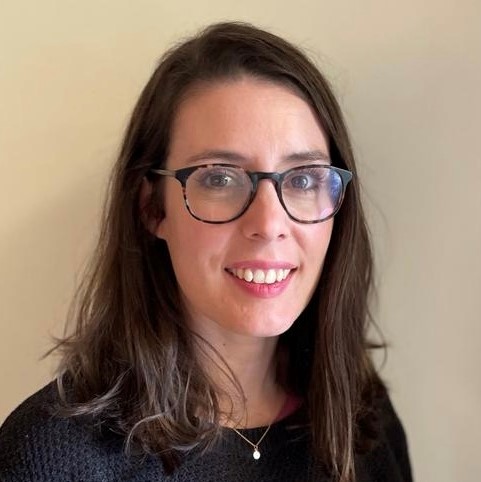
Dr Ben Smith
Dr Ben Smith is the Deputy Director (Policy & Practice) of the Centre for Oncology Education and Research Translation (CONCERT), Ingham Institute for Applied Medical Research and UNSW. Ben’s research aims to ensure equitable access to high quality evidence-based psychosocial cancer care for all people living with cancer.
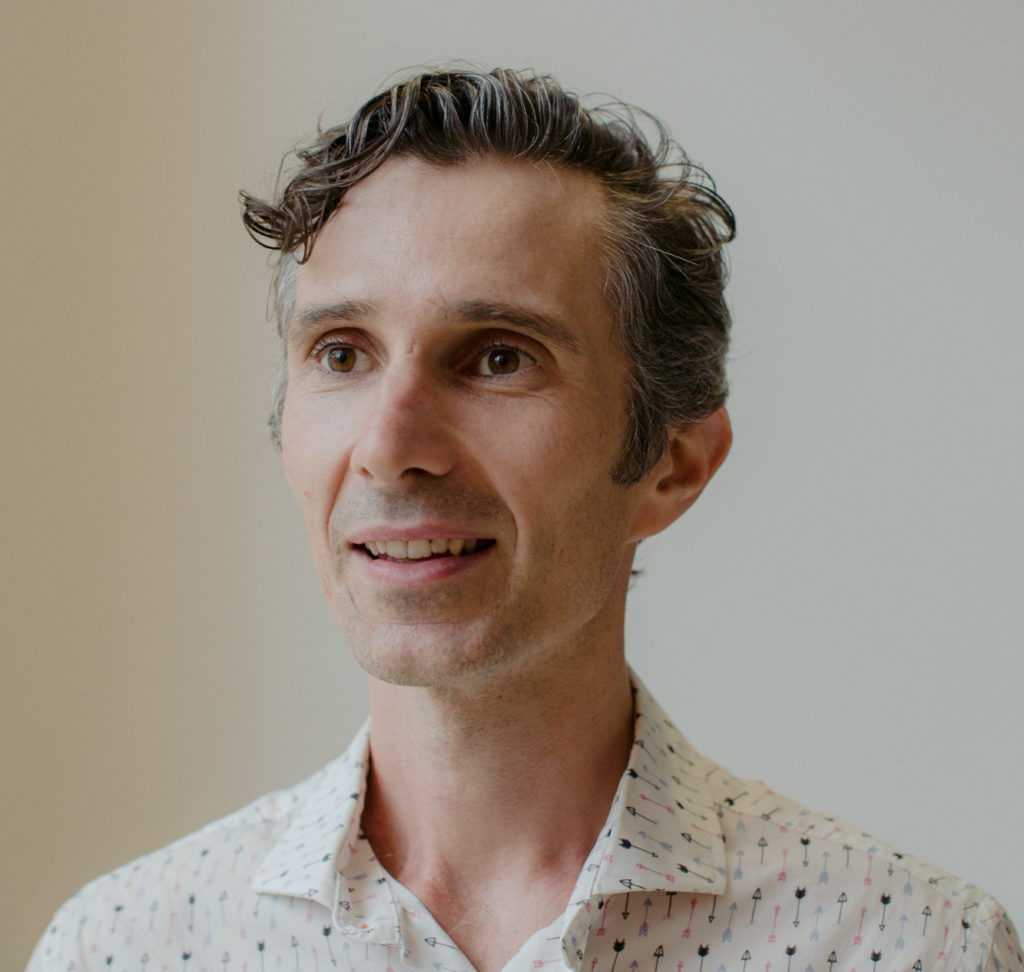
Program
| Time | Activity | Presenter |
|---|---|---|
| 11:00am | Introduction | Dr Ben Smith |
| 11:05am | Overview of feasibility & pilot studies for implementation trials + project case study 1 | A/Prof Joanne Shaw |
| 11.35am | Questions for Joanne | Joanne + Ben |
| 11.50am | Stretch AND/OR tea break | |
| 11.55am | Feasibility/pilot implementation project case study 2 | A/Prof Peter Grimison A/Prof Susanna Park |
| 12.10pm | Questions for Peter & Susanna | Peter + Susanna + Ben |
| 12.20pm | Feasibility/pilot implementation project case study 3 | Dr Cassandra White |
| 12.30pm | Questions for Cassandra | Cassandra + Ben |
| 12.35am | Open Q & A + conclusion | All |
| 1:00pm | Event Conclusion |